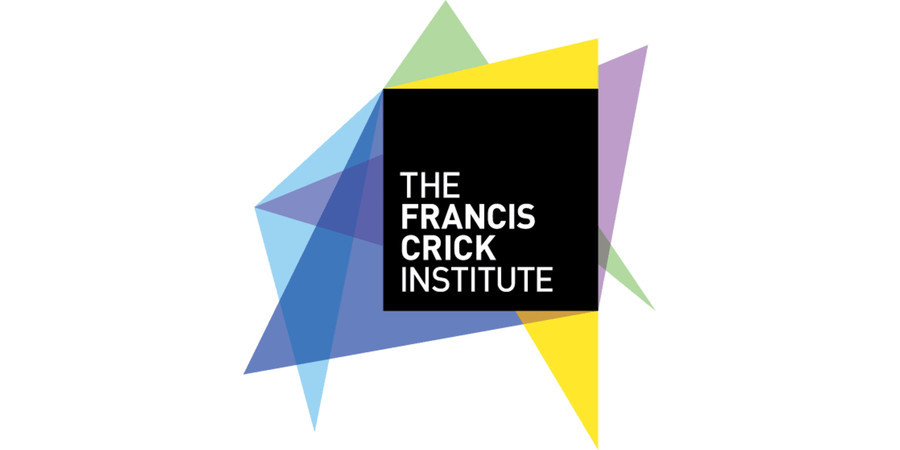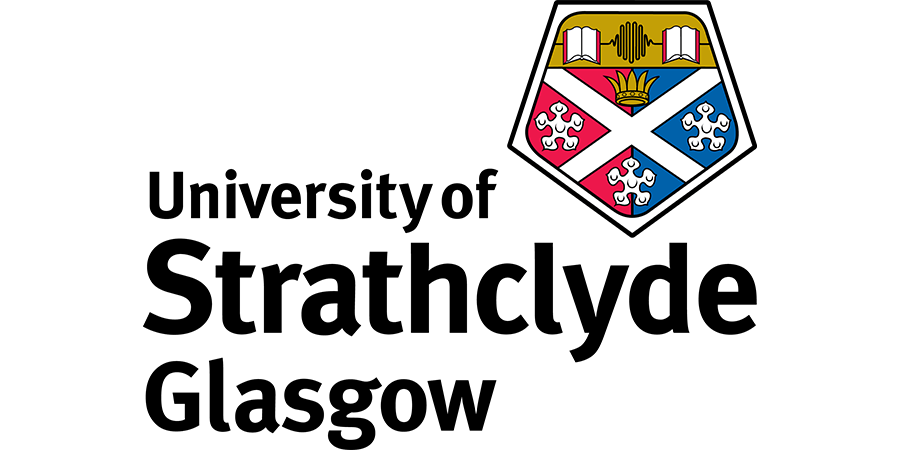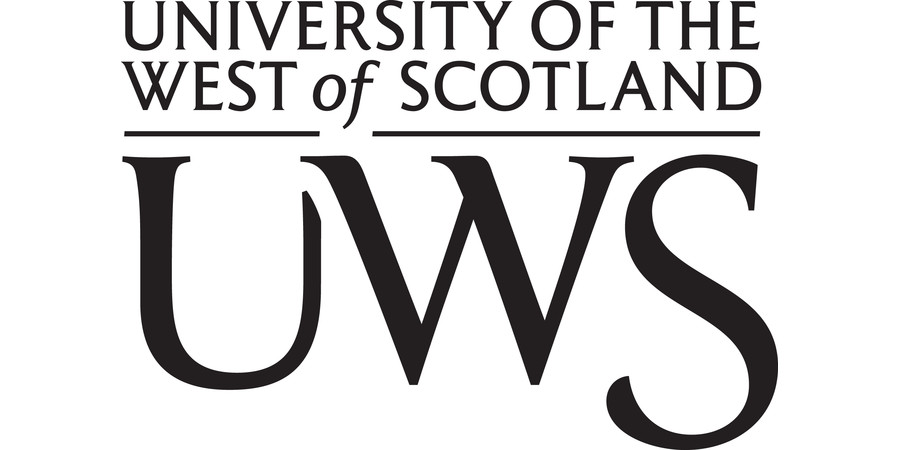Please start typing and select a location from the list
297 Jobs Found
Clear All
Biological Sciences
Health & Medical
Anatomy, Physiology & Pathology
Biochemistry
Biology
Botany
Genetics
Microbiology
Molecular Biology & Biophysics
Other Biological Sciences
Zoology
£25,000 - £29,999
£30,000 - £39,999
£40,000 - £49,999
Search
Sort
The job you're looking for is no longer being advertised. Please see below for similar jobs.
297 Jobs Found
Senior Laboratory Research Scientist (SLRS)
Boulton Lab
The Francis Crick Institute
Location:
London
Salary:
£45,700
Date Placed: 20 May
Postdoctoral Researcher in Blood Cancer
Radcliffe Department of Medicine
University of Oxford
Location:
Oxford
Salary:
£38,674 to £46,913
per annum
Date Placed: 20 May
Closes
16 Jun
Senior Laboratory Research Scientist (SLRS)
Chemical Biology STP
The Francis Crick Institute
Location:
London
Salary:
£45,700
Date Placed: 20 May
Senior Laboratory Research Scientist (SLRS)
Crystallography/Drug Discovery
The Francis Crick Institute
Location:
London
Salary:
£45,700
Date Placed: 20 May
Lecturer in Sport & Exercise Science (Biomechanics)
School of Sport & Exercise Science
Ulster University
Location:
Londonderry
Salary:
£40,519 to £57,455
Date Placed: 20 May
Closes
09 Jun
Research Fellow
School of Pharmacy
UCL
Location:
London
Salary:
£43,374 to £51,860
Date Placed: 20 May
Closes
02 Jun
Lecturer in Musculoskeletal and Sports Rehabilitation
School of Health, Life Sciences and Education - Department of Sport and Nutrition
University College Birmingham
Location:
Birmingham
Salary:
£31,012 to £34,769
per annum (pro rata of £38,249 - £42,882). Grade: AC2
Date Placed: 20 May
Closes
15 Jun
Postdoctoral Research Associate in Trauma Science
Centre for Neuroscience, Surgery and Trauma
Queen Mary University of London
Location:
London
Salary:
£37,889 to £45,974
per annum
Date Placed: 20 May
Lecturer/Senior Lecturer in Conservation Biology
Department of Zoology
University of Otago
Location:
Dunedin
Salary:
£46,063.15 to £70,021.03
Date Placed: 20 May
Closes
29 Jun
Postdoctoral Research Associate in Genome Stability and Immunity Responses
Sir William Dunn School of Pathology
University of Oxford
Location:
Oxford
Salary:
£38,674 to £46,913
per annum
Date Placed: 20 May
Closes
20 Jun
Research Associate in Data Analytics (711273)
Department of Pure and Applied Chemistry
University of Strathclyde
Location:
Glasgow, Stevenage
Salary:
£37,174 to £45,413
Date Placed: 20 May
Lecturer in Evolutionary Ecology
Department of Zoology
University of Otago
Location:
Dunedin
Salary:
£46,063.15 to £54,372.57
per annum
Date Placed: 20 May
Closes
29 Jun
Senior Research Associate - Multimodal Machine Learning for Breast Cancer Research (Fixed Term)
Department of Oncology
University of Cambridge
Location:
Cambridge
Salary:
£46,735 to £59,139
per annum
Date Placed: 20 May
Closes
22 Jun
Media Technician
School of Biological Sciences
The University of Edinburgh
Location:
Edinburgh
Salary:
£23,414 to £25,448
UE03
Date Placed: 20 May
Closes
02 Jun
Postdoctoral Research Assistant
Psychology Department
The University of Edinburgh
Location:
Edinburgh
Salary:
£40,497 to £48,149
Grade UE07
Date Placed: 20 May
Closes
16 Jun
Researcher in Clinical Exercise Science (Long COVID)
University of Derby
Location:
Derby
Salary:
£29,179 to £44,128
per annum pro rata
Date Placed: 20 May
Closes
15 Jun
Postdoctoral Research Assistant/Associate in Dynamic Marine Cell Wall Hydrogels - Grade 6/7
Faculty of Science and Engineering - School of Engineering - Department of Materials, Design and Manufacturing Engineering
University of Liverpool
Location:
Liverpool
Salary:
£33,482 to £45,413
per annum
Date Placed: 20 May
Closes
26 May
Research Assistant
Diabetes Research Centre
University of Leicester
Location:
Leicester
Salary:
£32,296 to £36,924
per annum, pro-rata if part-time. Grade 6
Date Placed: 20 May
Closes
01 Jun
Research Associate (Chemical Adherence Testing)
Cardiovascular Sciences
University of Leicester
Location:
Leicester
Salary:
£39,355
per annum, pro rata if part-time (capped due to funding). Grade 7
Date Placed: 20 May
Closes
02 Jun
Teaching and Research Fellow
Diabetes Research Centre
University of Leicester
Location:
Leicester
Salary:
£49,559 to £55,755
per annum, pro-rata if part-time. Grade 8
Date Placed: 20 May
Closes
29 Jun
Postdoctoral Researcher - Therapeutic Resistance in Brain Cancer
Department of Oncology
University of Oxford
Location:
Oxford
Salary:
£38,674 to £46,913
per annum
Date Placed: 20 May
Closes
16 Jun
Teaching Fellow in Biology & Environmental Science - Temporary 3 year post
UCD School of Biology & Environmental Science
University College Dublin
Location:
Dublin
Salary:
£34,791.83 to £41,315.31
per annum (non-scale)
Date Placed: 20 May
Closes
09 Jun
Impact Officer
School of Health & Life Sciences
University of the West of Scotland
Location:
Paisley
Salary:
£34,132 to £40,497
per annum (Grade 5)
Date Placed: 20 May
Research Associate in Candida One-Health genomic epidemiology
Faculty of Science
University of Bath
Location:
Bath
Salary:
£38,249 to £45,413
Grade 7
Date Placed: 20 May
Closes
16 Jun
Lecturer (Conservation Biology)
Life Sciences
University of Bath
Location:
Bath
Salary:
£38,249 to £45,413
Grade 7
Date Placed: 20 May
Closes
15 Jun
×
Max Saved Jobs Reached
A maximum of 500 Saved Jobs can be created against your account. Please remove an existing Saved Job in order to add a new Saved Job.
Manage Saved Jobs
Page 1 of 12 >> Next




-17461758859.png)



